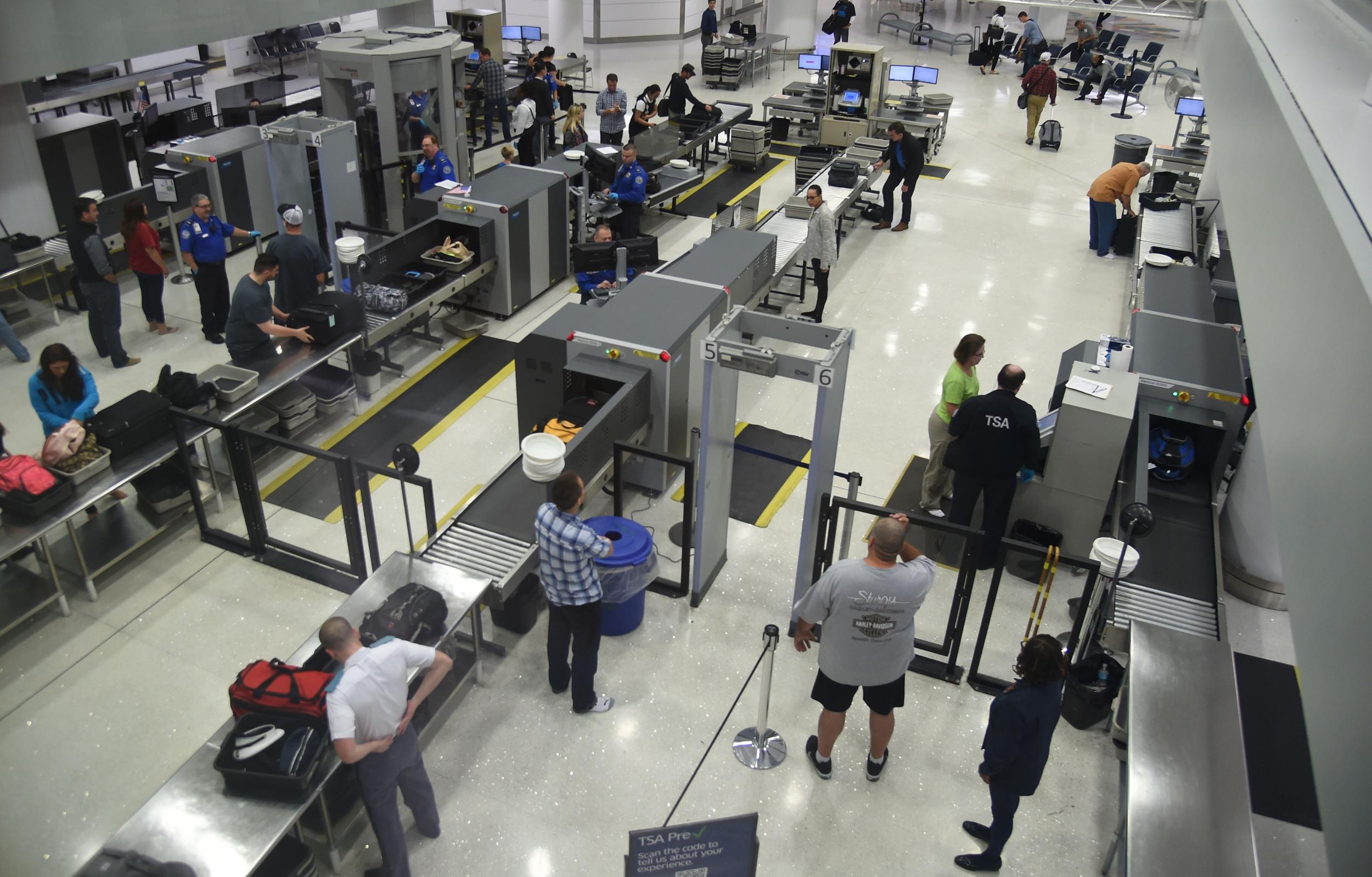US laptop ban won't include Europe, officials say

Your support helps us to tell the story
From reproductive rights to climate change to Big Tech, The Independent is on the ground when the story is developing. Whether it's investigating the financials of Elon Musk's pro-Trump PAC or producing our latest documentary, 'The A Word', which shines a light on the American women fighting for reproductive rights, we know how important it is to parse out the facts from the messaging.
At such a critical moment in US history, we need reporters on the ground. Your donation allows us to keep sending journalists to speak to both sides of the story.
The Independent is trusted by Americans across the entire political spectrum. And unlike many other quality news outlets, we choose not to lock Americans out of our reporting and analysis with paywalls. We believe quality journalism should be available to everyone, paid for by those who can afford it.
Your support makes all the difference.The United States has opted not to introduce a ban on bringing laptops into aircraft cabins for flights coming from Europe.
The US and its European partners have agreed to intensify talks on technical solutions to security concerns to find a common solution, a US official told Politico. The decision was made during a conference call between US Department of Homeland Security Secretary John Kelly, European Home Affairs Commissioner Dimitris Avramopoulos, and European Transport Commissioner Violeta Bulc.
Details of the talks were not immediately available.
The news comes just days after Mr Kelly said that the US wanted to "raise the bar" on airline security, including screening certain carry-on items. The US government has already restricted bringing large electronic devices like laptops into plane cabins on flights originating from 10 airports including those in the United Arab Emirates, Qatar, and Turkey.
The US Transportation Security Administration has already begun testing new procedures to help security agents identify problematic carry-on items. Passengers in recent years have reportedly begun stuffing their bags with more and more items in order to avoid having to pay fees for checking bags in, leading to more clutter in carry-on bags that can be difficult for security to screen.
Before the decision not to suspend the ban on laptops to flights from Europe, many were concerned that a blanket ban would affect a cumbersome number of flights. There are roughly 4,300 international flights that take off and land in the US each day, carrying more than a half a million passengers. That amounts to roughly 200 million passengers a year that would potentially have been impacted by the laptop ban.
The original ban on laptops in cabins from 10 Middle Eastern and African airports was put in place amid rising concerns that terrorists could hide explosives in larger electronics, and then detonate them in a passenger cabin. While would-be terrorists would still be able to bring laptops aboard as check-in luggage, a detonation in the storage cabin - surrounded by other bags that could suppress a blast, and separated from human targets - has less potential to be as devastating as an in-cabin explosion.
US travel and tourist associations warn that an outright ban could hurt US tourism, which brings in $246 billion a year in spending. Applying a ban without a clear reason as to why could also undermine consumer confidence in security protocol and the flight industry in general, the US Travel Association says.
Join our commenting forum
Join thought-provoking conversations, follow other Independent readers and see their replies
Comments